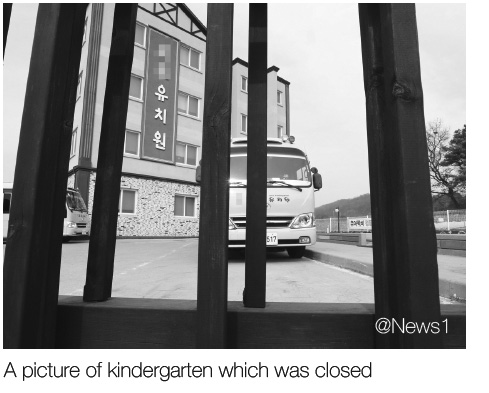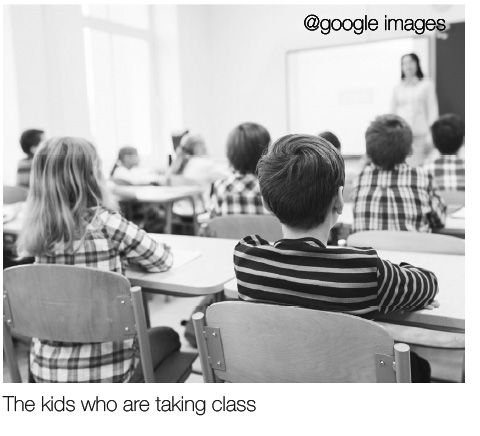
On February 28th, the Korea Kindergarten Association (KKA) delayed the opening of some private preschools. The reason was that the association opposed the contents of the three amendments related to preschools. Eventually, the association wanted those bills to be withdrawn as they thought some contents threatened their livelihoods. Although the KKA’s situation faded away in the past, as the public was not on their side and the government took strict legal action, it has been an issue for a long time. This article will show why the three bills for kindergartens were formed and what contents are involved in the regulations.
On December 11th, 2018, the issues about preschools were nationally announced by Park Yong-jin, a congressman of the Democratic Party, who exposed the results of an audit done by the Education Ministry. According to the content of the audit from 2014 to 2017, there were 5,951 financial irregularities from 1,878 private preschools. The resulting monetary amount from the fraud was about 26.9 billion won (about $23.8 million). Also, some of the preschools’ fraud cases became national news. Some reported cases involved teachers who embezzled school lunch fees or who bought luxury goods. For those reasons, the public has continually criticized private preschools. To eradicate irregularities from private preschools, Rep. Park Yong-jin announced the amendments related to kindergartens. The amendments are called the Three Kindergarten Bills or the Three Park Yong-jin Bills. The bills involve the Early Childhood Education Act, the Private School Act, and the School Meals Act.
The revised contents of the Early Childhood Education Act have three main categories. First, establishing preschools should be better regulated. If preschools commit an irregularity, their fault will be notified to the public, and then they won’t be able to re-open just by changing their name. Another major issue was the opaque accounting systems. Therefore, preschools are now required to build and operate an accounting system using a monitoring program called ‘Edu-Fine’. This program is a national accounting program and has been used by public preschools and private schools since 2010. Since March 1st, the Education Ministry has forced large private preschools to use Edu-Fine and has expanded the utilization of this program. The final category is that the government has to change the types of subsidies provided for education. By that, if directors of private kindergartens illegally use public money, they will be punished as embezzlers. Although it is logical to punish embezzlers, confiscating their illegal assets is difficult, and it is hard to catch the directors with the current laws. If the types of subsidies are changed, embezzlers will be punished with more efficiency.
Korean private preschools have been considered as private property by the directors and operators. Thus, some of them spent money personally that was intended for children. Also, although operators have the authority to punish directors under the current law, most operators have worked as directors. Therefore, punishing them has been difficult. The revised bill of the Private School Act says that an operator cannot work as a director and that fees must not be used for other purposes except for educational purposes.
The contents of the School Meals Act were also revised. In the current laws, private preschools are indicated as schools governed by the Private School Act; however, the School Meals Act hasn’t applied to private preschools in the past. It is possible that some of the directors might be providing meals of low quality to children. Thus, this amendment of the School Meals Act will apply to the private preschools as well.
Although the revised bills weren’t passed in the National Assembly plenary session last year, the Congress took a vote about fast tracking the Three Kindergarten Bills on December 27th, 2018, and the agenda was adopted. Therefore, after 330 days from that day, the bills will be put on the agenda. However, as the KKA doesn’t want these bills to be passed, they delayed the opening of some preschools.
All private preschools are educational institutions which are regulated according to laws. Nevertheless, they have been offered more legal leeway than other schools, and some of the preschools have committed irregularities. Therefore, private preschools need to be regulated better by these reasonable bills.

By Lee So-yoon l sy39@cbnu.ac.kr


 All
All Society & Global
Society & Global






 Lee So-yoon
Lee So-yoon











